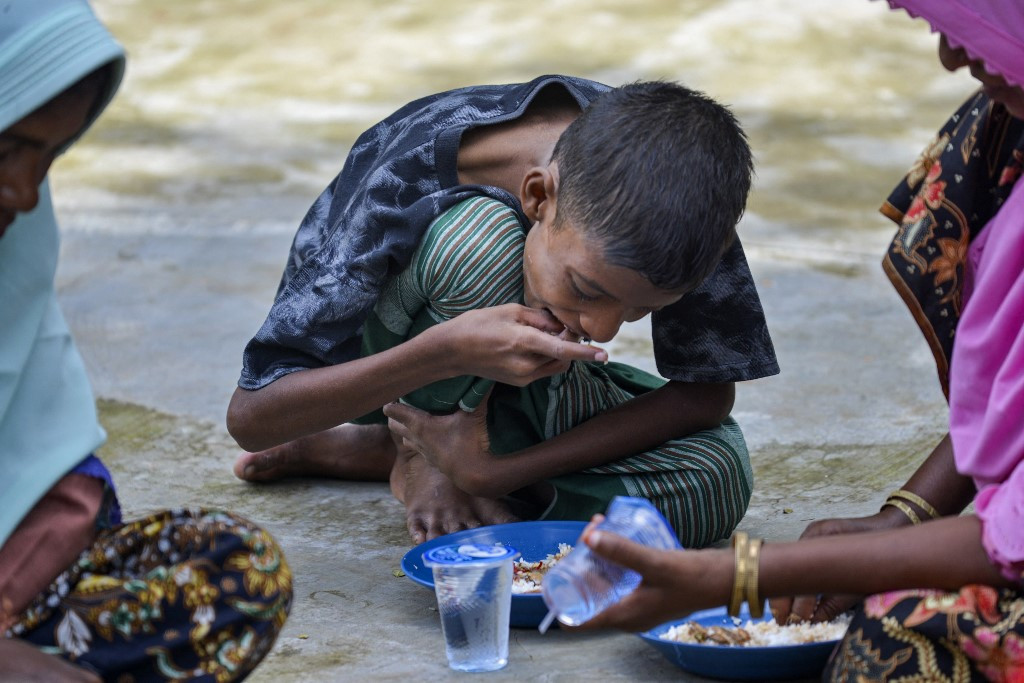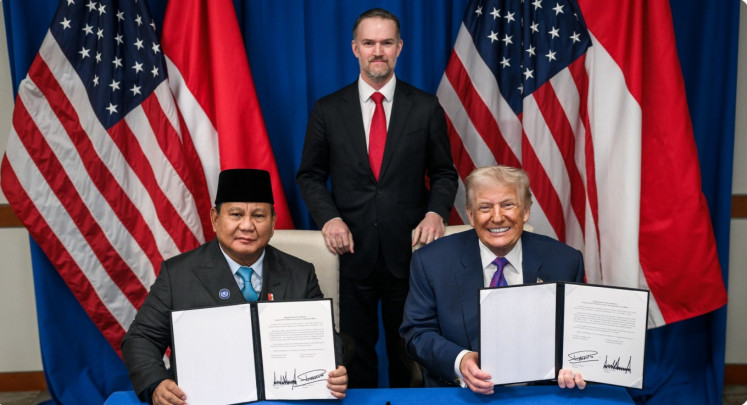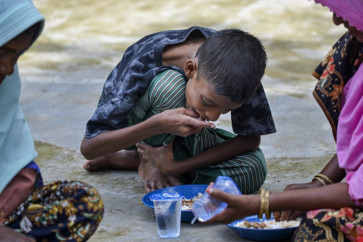Popular Reads
Top Results
Can't find what you're looking for?
View all search resultsPopular Reads
Top Results
Can't find what you're looking for?
View all search resultsIslamic New Year, migration and humanitarian principles
To deny the freedom of mobility is to undermine human dignity. With migration attesting to laws of human dignity, refusing hospitality toward any fleeing individuals merely undervalues their intrinsic importance to God's world.
Change text size
Gift Premium Articles
to Anyone
The world is engulfed in geopolitical tensions and seemingly endless humanitarian crises. As a result, from 2011 to 2022, the United Nations High Commissioner for Refugees (UNHCR) reported that a staggering 712.5 million people were forcibly displaced.
Among the displaced persons, 248.12 million individuals were forced to leave their homes behind, embarking on arduous, if not dangerous, journeys to unfamiliar lands. This is also the case of thousands of the minority ethnic Rohingya people, who have fled their homes in Myanmar by boats to escape persecution in the last few years, many of them landing in Aceh.
It is unfortunately common for these forced migrants to encounter bias or resentment from the host communities. This brings to mind a situation that unfolded in the 7th century, when Muhajirun were driven out from Mecca to Medina, with its echo seen today in the migrations of individuals amid desperate distresses.
Muslims commemorate this event as the dawn of the Islamic Hijri year, derived from the word hijra, which signifies migration. However, contrary to most expectations, the Muhajirun, as newcomers, were warmly welcomed by the Ansar, the local inhabitants.
The welcome or rejection of migrants can be explained through the lens of social identity theory propounded by Tajfel & Turner (1979). Social identity is the product of a process of social categorization, where individuals classify themselves into certain categories or groups based on attributes such as race, skin color, religion, gender, place of origin, political orientation and more, ultimately leading to the splitting of societies into two groups: an “in-group” and an “out-group”.
In short, the consequences of such group differentiation often lead to intergroup behavior and, frequently, intergroup conflict. The local population and the migrants represent two social group. In this context, the local population represents the dominant social group, while the migrants are the subordinate group.
This warm welcome of the Muhajirun by the Ansar can be placed simultaneously with the values in Islamic theology, namely mu'ākhā (brotherhood), ḍiyāfa (hospitality), ijāra (protection and support), amān (security), jiwār (neighborliness), sutra (protection) and kafala (guaranteeing someone's well-being), what Jureidini and Hassan (2020) labelled as components for dignifying migrants and opposing to objectifying them.

















